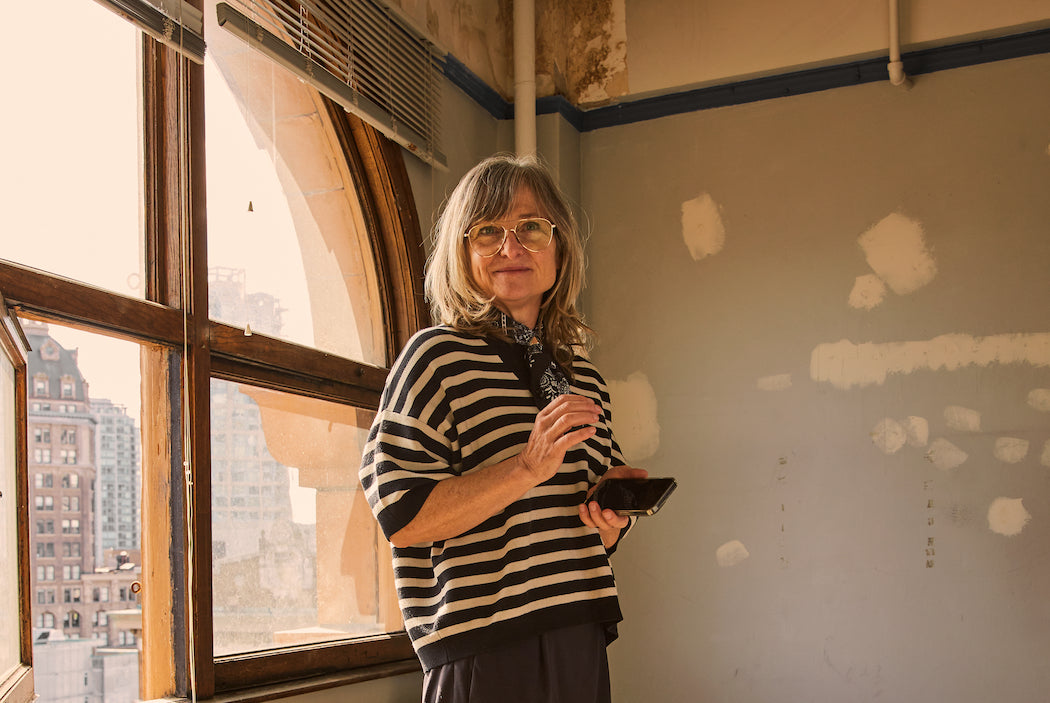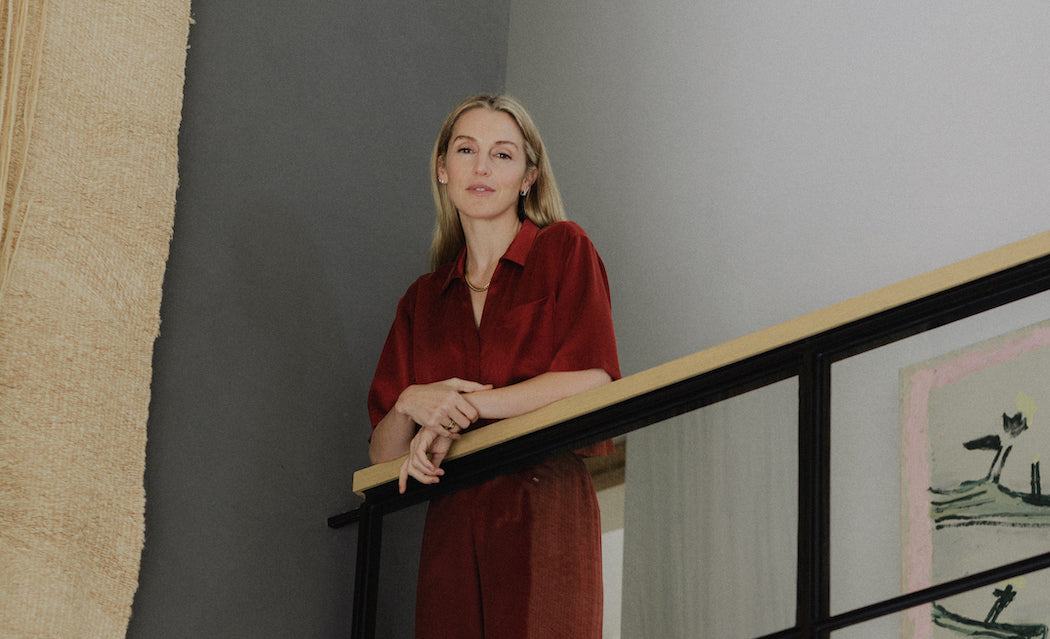“It was a shock,” says Lilian Umurungi-Jung, a smile audible in her voice even through the phone. “It was a full heart attack.”
On this year’s Juneteenth—the celebration of the end of slavery in the United States—Beyoncé published a directory of Black-owned businesses on her website. Called the Black Parade Route and created in collaboration with Zerina Akers of Black Owned Everything, it lists dozens of incredible companies in wellness, art, fashion, beauty, and more. When Umurungi-Jung saw that Mumgry—her small, Vancouver-based, all-natural, all-delicious nut butter brand—was included, she leaped out of her chair and screamed.
And who could blame her? It’s a game-changing endorsement for any company, let alone one that was only founded in 2018—and one that is not based in the States. But Mumgry has been punching above its weight since the beginning.
It all started when Umurungi-Jung was pregnant with her son Apollo and had trouble finding snacks at the grocery store that were delicious but also nutritious. A major craving for peanut butter soon led her to experiment with making her own—low in sugar, but high in protein and calcium and flavour. A business idea soon started to form.
And then: “I came home [one day] and I screamed to my husband that I was mumgry,” she recalls. “And the name kind of just stuck.” In essence, “mumgry” is a gentler way of saying “hangry”—as in, that fine line where hunger turns into irritability. “It applies to everyone,” Umurungi-Jung confirms. “My husband is more mumgry than I am.”
Currently offering three kinds of nut butter—smooth peanut, chocolate peanut, and a show-stopping chocolate pistachio almond—Mumgry is great for all snackers, though its ethos remains rooted in supporting and nourishing mothers at every stage. As for her own motherhood journey, Umurungi-Jung pauses briefly to reflect before discussing what she has learned so far. “It’s taught me to have a tremendous amount of patience,” she says slowly. “Because I’m not sure that anyone warns you about what it takes to raise a human being.” Patience is something that Umurungi-Jung must certainly have a lot of, as she became a mom and a business owner at basically the same time. It was when her son was a tiny newborn and she was on maternity leave that she decided to go all in with Mumgry; the company she was working at prior closed down unexpectedly, and she realized that she no longer had the desire to work for someone else.
“I started to think about what I wanted my son to think about me as his mom, as his parent. And it became really important to me to know that if I’m to tell my child that he has to do his best and try his hardest, then I have to be an example of that,” she says. “So that really was what motivated me to just give it my all. Because I’m an immigrant child, and my parents moved here from Rwanda. They did it for our education and they had a lot of sacrifices that they made—and I’m sure that they had careers that they wanted to have, but for them the most important thing was for our lives to be better. And so knowing I was given that opportunity, I had to give it my all. Because who am I to say, ‘Try your best’ if I never did it for myself?”
Umurungi-Jung was born in Uganda and moved to Canada with her family when she was two years old. Growing up in a family housing complex in East Vancouver, she was surrounded by a diverse community of people who helped shape her world view.
“We were poor, we didn’t have much—but I didn’t notice that because I just felt like I was so fortunate to grow up in such a big family, and I was surrounded by so much love,” she reflects. “It was much more diverse than the later parts of my life when I spent time in neighbourhoods where I was probably the only [Black person], or if not, you could count on five fingers how many Black people there were.”
With the current spotlight on conversations about race—specifically the systemic racism towards Black and Indigenous people in the United States and Canada—since George Floyd was killed, Umurungi-Jung has felt her emotions run the gamut. She discusses and processes a lot of what she’s feeling on Mumgry’s podcast, which she hosts with her long-time friend Isabelle Alexander; the Black Lives Matter episode is a must-listen.
“Every type of feeling has really gone through my mind as of lately. Frustration. Happiness has also flown through, because I think that what anyone might overlook is the fact that now we all are on a more similar page. That brings me joy,” she says. “That actually gives me hope for our future. And so when I see people uncomfortable, it makes me feel good because I’ve lived in that discomfort for a very long time. And it’s just refreshing in a sense. And it also indicates that change is around the corner when things are difficult. Because you need difficulty in order to grow; you need challenges in order to grow. It shouldn’t be easy.”
It’s often in those moments of struggle that the good work really gets done. Not unlike making a nut butter, really—it’s sticky and it’s messy, and the cleanup sure is a chore. But the result is sustaining.












